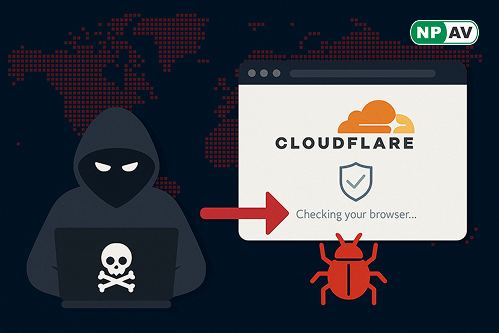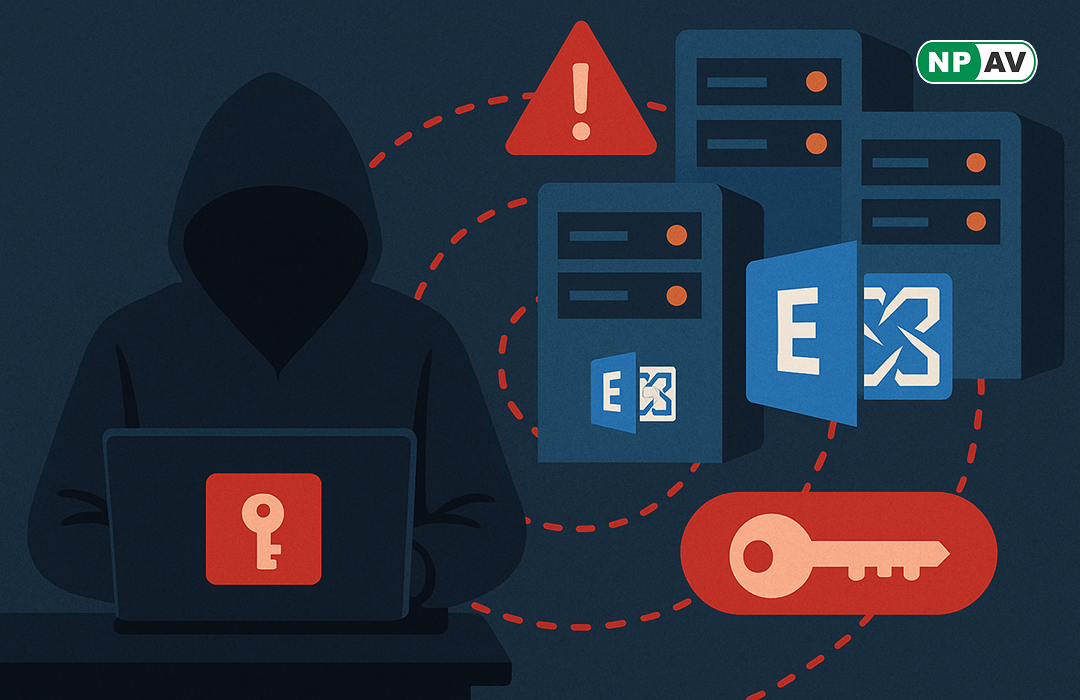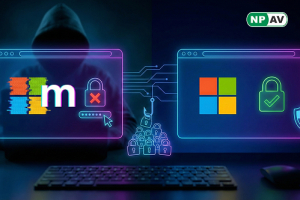Hacking
-
Read moreSecurity researchers demonstrate how Google's Gemini AI bot can be hijacked to control smart home devices using invisible prompts. Learn about the implications for generative AI security.
-
Read moreChina accuses the U.S. of cyberattacks on its defense infrastructure by exploiting a Microsoft vulnerability. Explore the implications of this escalating cyber cold war.
-
Read moreDiscover how the Pakistan-linked APT36 group is targeting Indian railways and government systems using malicious PDF files. Learn about their sophisticated infection chains and phishing tactics.
-
Read moreWrite a concise meta description summarizing the post while incorporating keywords. For example: "A new social engineering campaign uses fake Cloudflare verification screens to distribute malware. Learn how hackers exploit trusted security services to execute malicious code.
-
Read moreFBI warns of BADBOX 2.0 botnet infecting smart devices with pre-installed malware, enabling cybercriminals to hijack home networks and conduct illegal activity.
-
Read moreA recent analysis reveals that hackers are targeting over 70 Microsoft Exchange servers to steal credentials using JavaScript keyloggers. Learn about the vulnerabilities exploited and the impact on organizations worldwide.
-
Read moreA newly registered threat actor claims unauthorized access to the backend panel and customer database of Netmeds, potentially exposing sensitive data of 6.4 million users. Learn more about the implications and assessment of this alleged breach.
-
Read moreThe FBI warns iPhone and Android users about a surge in DMV text scams, urging immediate deletion of suspicious messages. Learn how to protect yourself from these rising cyber threats.
-
Read moreTesla's Wall Connector was hacked in an 18-minute attack during the Pwn2Own Automotive competition, exposing vulnerabilities in the charging port. Learn about the implications and security measures taken.
-
Posted: June 19, 2025Views: 47Read moreA new malware strain called SuperCard exploits hacked Android phones to steal payment card data during contactless transactions. Learn about its infection mechanism and the growing threat to mobile payment security.















